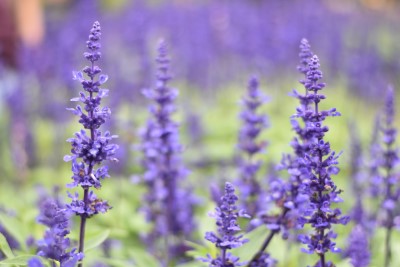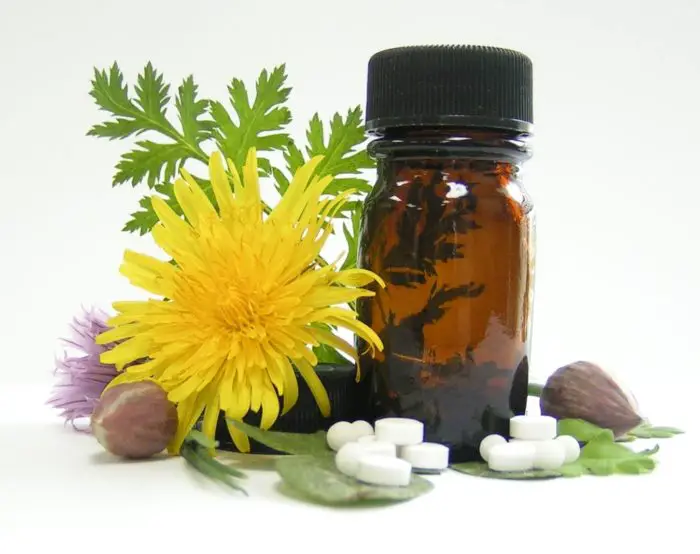
Natural Sleeping Aids: How they work and how best to try them out
By Jason Wooden, PhD | Updated May 2024
Today, there’s a wide variety of natural sleeping aids to choose from. Some have been more tested than others and some are more effective when combined with other natural actives.
Before trying out a natural remedy, it’s recommended that you check with a complementary health specialist about whether it’s right for you and the best way to use.
What you need to know about natural sleeping aides
Interest in natural sleeping aids continues to grow, especially for those who want to avoid the downsides of sleeping pills.
While drugs may be useful as a short-term insomnia remedy, you may wake up the next morning with a sleeping pill hangover and have problems with memory and attention.
If used long-term, you can become dependent on them and develop an addiction. (Learn more about this serious issue here.)
For some people, the sleeping pills may stop working as the body builds up a tolerance to them.
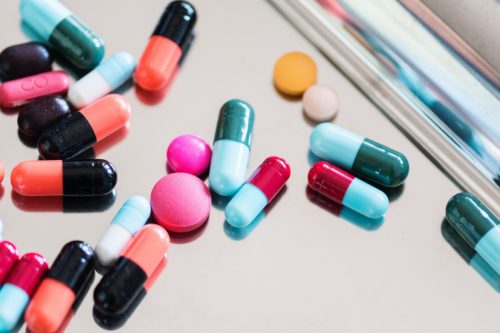
The downsides of sleeping pills:
- Memory and attention problems
- Drug dependence
- Withdrawal symptoms
- Rebound insomnia
- Drug tolerance
The downsides of sleeping pills:
- Memory and attention problems
- Drug dependence
- Withdrawal symptoms
- Rebound insomnia
- Drug tolerance
The downsides of sleeping pills:
- Memory and attention problems
- Drug dependence
- Withdrawal symptoms
- Rebound insomnia
- Drug tolerance
With all these potential side effects, it’s no surprise there’s such a huge interest in natural sleeping aids. (Get more in depth info about the side effects here.)
Herbal preparations have been used as an insomnia remedy for millennia dating back to ancient Greece and Egypt.
Many natural remedies help reduce the anxiety and stress that can keep you from getting quality sleep.
Some may directly affect hormones involved in the body’s sleep-wake cycle.
If you are thinking about using natural sleeping aids to treat your insomnia, be sure to:
- Practice good sleep hygiene
- Check with a doctor as there may be underlying issues causing your insomnia
- Discuss specific natural aids with your doctor as some may interact with other medications or pose risks for other medical problems
- Keep in mind some work better when combined with other herbs or minerals
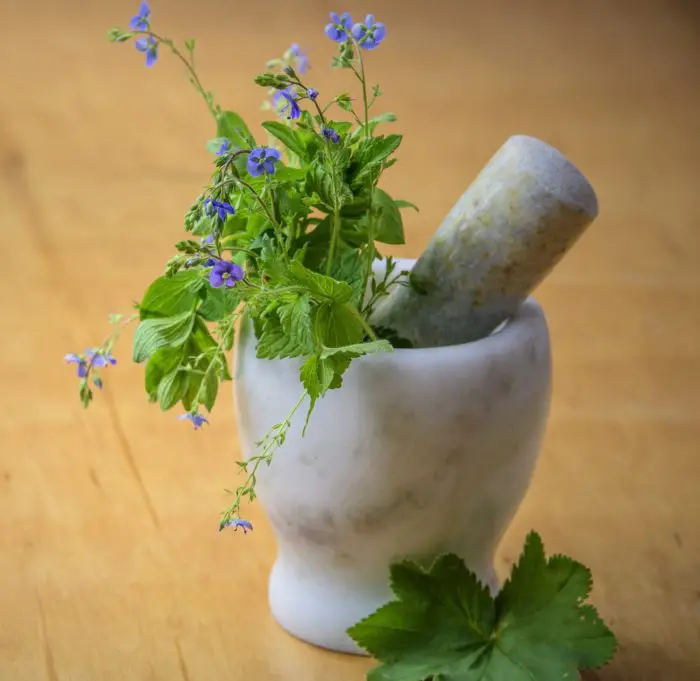
15 Natural Sleeping Aids Explained:
- How they work
- The evidence they help
- Available forms
It’s important to keep in mind that many natural actives haven’t been as well-researched as pharmaceuticals. Consequently, there’s less known about side effects and possible interactions with other substances such as medications.
If you decide you want to try it out, it’s a good idea to check with your doctor first, especially if you’re dealing with specific health challenges and taking other medications.
It’s also worth checking with an alternative medicine practitioner such as an herbalist or naturopathic physician. They can advise as to the best dosing for you and any safety issues.

1) Melatonin
Melatonin is a hormone produced by the body that helps control your sleep-wake cycles. It rises in the night and falls in the morning.
Synthetic melatonin is one of the most commonly used natural sleeping aids for insomnia.
Be sure to talk to your doctor as taking it before bed might not be the best strategy for you and melatonin supplements don’t work for everyone.
Evidence it helps: clinical studies
Availability: pill
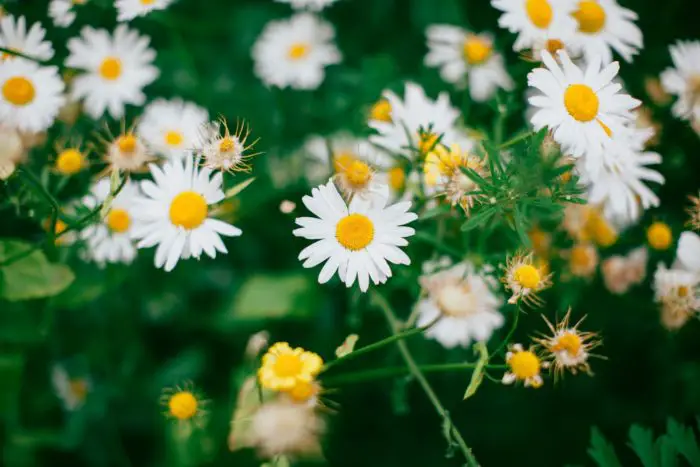
2) Chamomile
Dried flowers of the chamomile plant are used to reduce anxiety and promote relaxation.
Evidence it helps: clinical studies
Availability: extract, tea, capsules
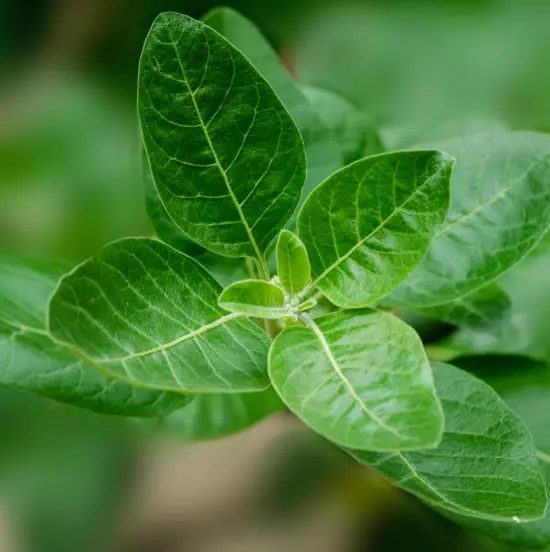
4) Ashwagandha
One of the most powerful herbs used in Ayurvedic healing, it’s thought to work as a moderator of the body’s response to stress. The root and berry are used to reduce anxiety and calm the body.
Evidence it helps: clinical studies
Availability: capsule, powder, tablet
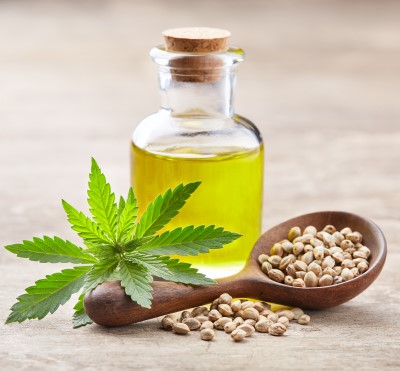
5) CBD oil
CBD (cannabidiol) is derived from the hemp plant which is a cousin of the marijuana plant. Unlike marijuana, it does not contain the psychoactive THC (tetrahydrocannabinol) which causes a “high.”
Cannabinoids interact with cells and proteins in the brain. While more research is needed, studies have shown CBD can help improve sleep quality and help with underlying insomnia causes such as pain and anxiety.
Evidence it helps: clinical studies
Availability: oil, gummies
Learn more:
How I’m using CBD for pain and better sleep
CBD For Sleep and Insomnia (American Sleep Association)
Cannabidiol (CBD) — what we know and what we don’t (Harvard Health)
What You Need to Know And What We’re Working to Find Out (FDA)
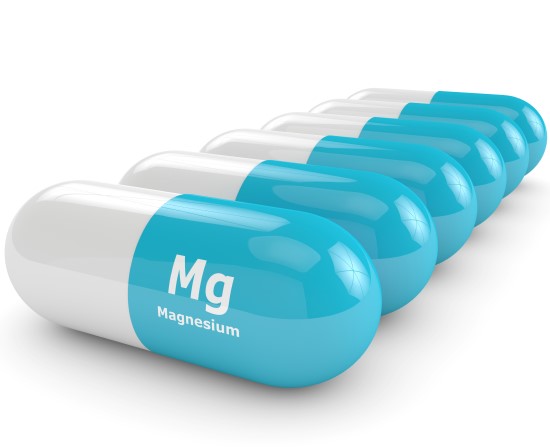
6) Magnesium
Magnesium is a mineral critical to many functions in the body. Low levels have been linked to sleep problems. Increasing your magnesium intake may help promote healthier levels and improve sleep.
Evidence it helps: clinical studies
Availability: capsule
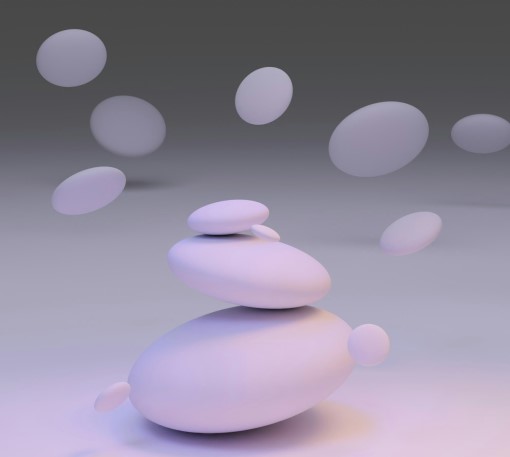
7) Tryptophan
Tryptophan is an amino acid used by the body to make serotonin and melatonin, hormones that regulate sleep. Tryptophan supplements are used to boost the level of sleep promoting hormones.
Evidence it helps: clinical studies
Availability: capsule

8) Valerian
Valerian root extracts are used to reduce anxiety and promote relaxation. It may work best for insomnia when combined with other natural sleeping aids such as Hops extract.
Evidence it helps: limited
Availability: capsule, tea, tincture
Note: Valerian has been also been shown in clinical studies to be beneficial when combined in a mix with hops and Chinese red dates (36)
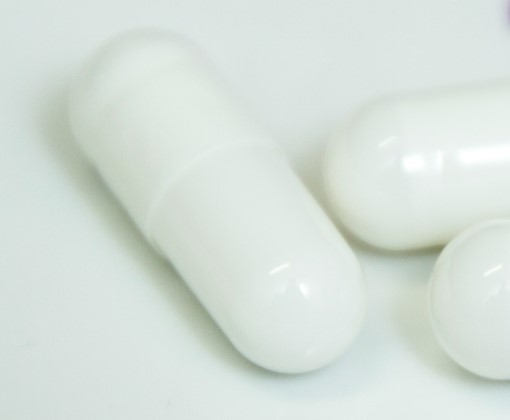
9) Glycine
Glycine is one of the many amino acids the body uses to make proteins. It’s believed to also play an active role in sleep regulation.
Evidence it helps: limited
Availability: capsule
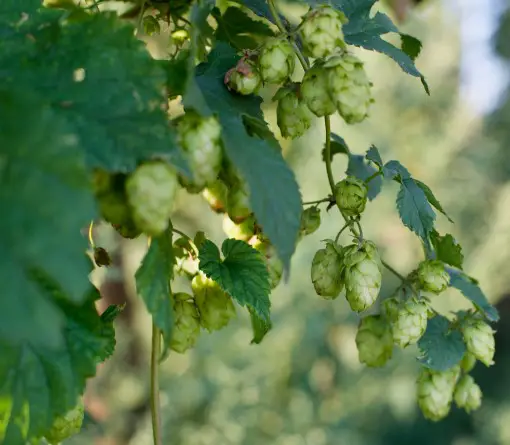
10) Hops
Extracts made from the plant flower are used to reduce anxiety and promote relaxation. Hops may work best for insomnia when combined with other herbal natural sleeping aids such as valerian.
Evidence it helps: limited
Availability: creams and lotions, capsules, tablets, tea, tincture
Notes: Hops has been shown to be helpful for sleep when combined with valerian and Chinese red dates (36), or with valerian (37)
Learn more:
Hops (MedlinePlus)
Can Hops Help You Sleep? (HealthLine.com)
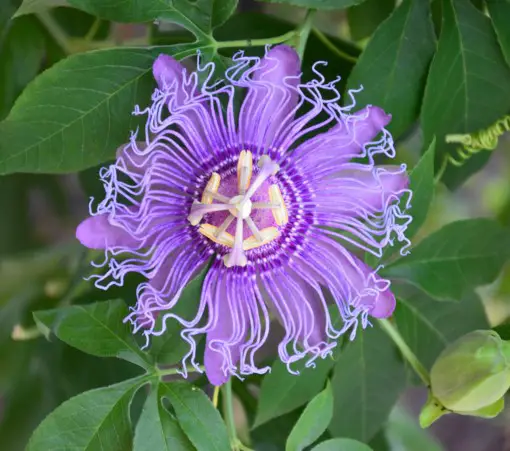
11) Passion flower
Preparations are made from the above ground parts of the plant. Passion flower is used to reduce anxiety and promote relaxation which may help with sleep.
Evidence it helps: limited
Availability: tea, liquid extract, capsule, tablet
Note: Passion flower has been found to be beneficial when combined with valerian and hops (38)
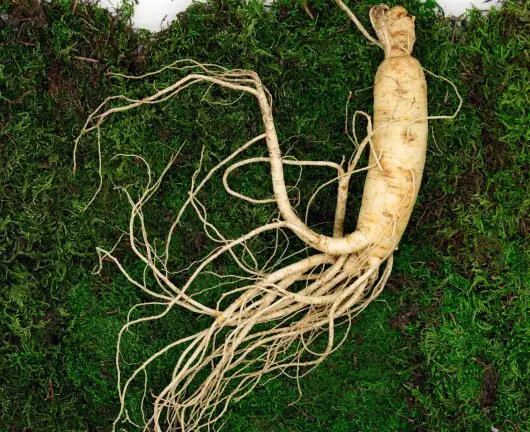
12) Red Ginseng (Asian ginseng)
Native to the far east, it’s thought that red ginseng moderates the body’s response to stress. Root preparations are used to reduce stress and anxiety which may help sleep.
Evidence it helps: limited
Availability: capsule, liquid extract, tablet, tea
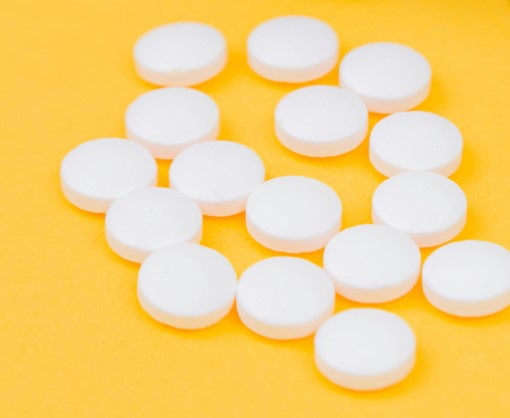
13) Calcium
Calcium is a mineral used by the body for many different things. It’s also thought to be involved in sleep and reduced intake has been associated with insomnia. Calcium supplements are believed to help sleep through improving blood calcium levels.
Evidence it helps: limited
Availability: capsule, tablet
Note: Studies suggest calcium is beneficial for sleep when taken with magnesium
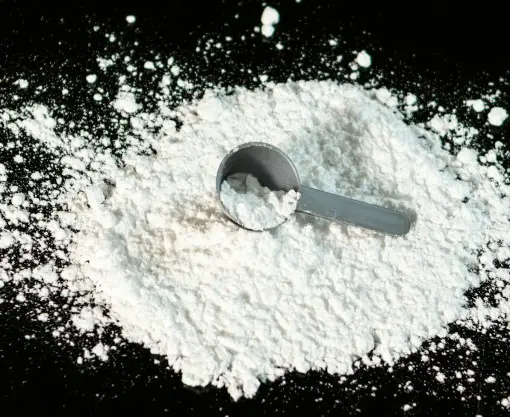
14) Japanese sake yeast
This yeast is used to brew Japanese sake. Like other yeasts, it’s a good source of B-complex vitamins, protein, chromium and selenium. How it may help sleep is not well understood.
Evidence it helps: limited (animal studies, humans)
Availability: not yet available
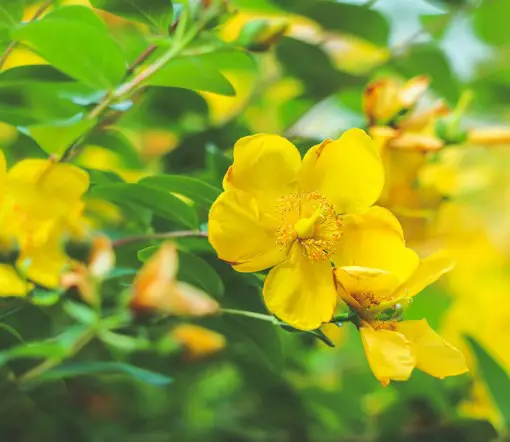
15) St. John’s Wort
The plant flowers are used to reduce anxiety and promote relaxation. St. John’s wort may also directly stimulate chemicals in the brain that promote sleep.
Evidence it helps: not well studied
Availability: tablet, capsule, tincture, liquid extract, powdered extract, dry herb, oil, and tea
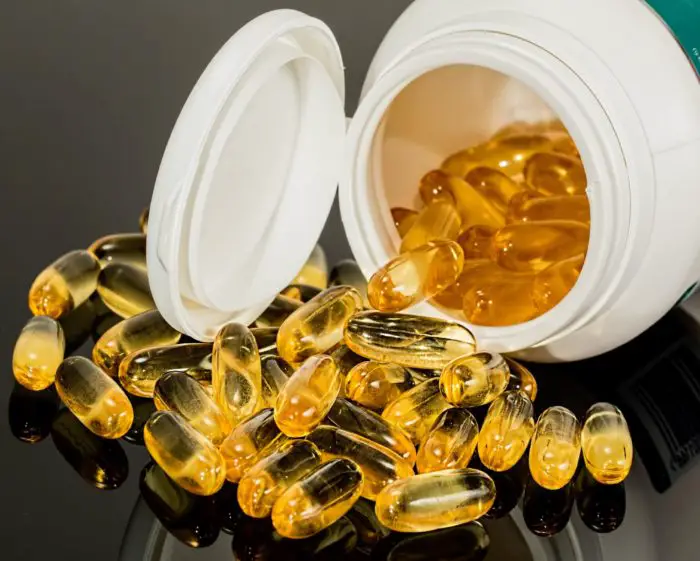
Wondering how to find safe and useful natural supplements?
Wondering how to find safe and useful natural supplements?
Wondering how to find safe and useful natural supplements?
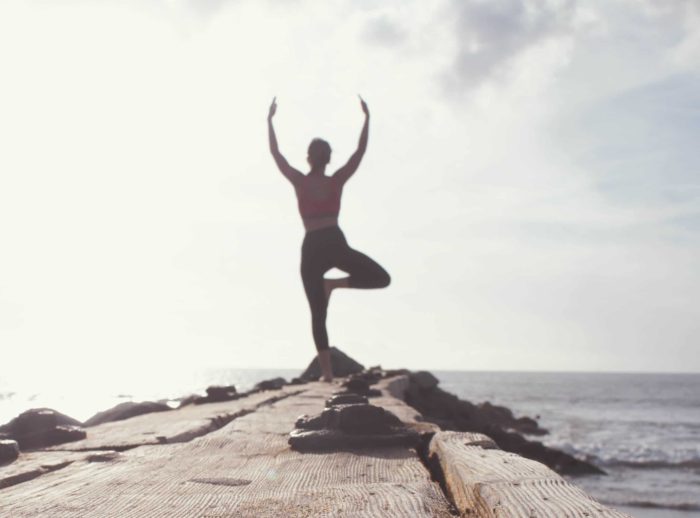
Other Natural Sleeping Aids and Insomnia Remedies Worth A Try:
Everyone’s situation is unique and often there are multiple factors causing insomnia.
It’s a good thing there’s a wide variety of natural sleeping aids, some of which can be combined for better results.
What’s important is to find something that works for your situation.
Besides being drug free, many of the remedies below provide health benefits beyond sleep.
1) Cognitive behavioral therapy
Considered the gold standard for insomnia treatment, this approach helps you change behaviors and thoughts that make it hard to fall asleep and stay asleep.
Evidence it helps: clinical studies (16, 17)
2) Sleep restriction
Spending too much time in bed can sometimes make things worse. This approach matches the amount of time spent in bed to the actual amount of sleep you get which helps the body to stay on schedule. It’s often used with cognitive behavioral therapy.
Evidence it helps: clinical studies (18)
3) Exercise
Thought to promote sleep in various different ways, including a post-exercise drop in temperature, reducing anxiety, and improving mood.
Evidence it helps: clinical studies (19, 20)
4) Relaxation techniques
A variety of exercises designed to help the mind and body relax in preparation for sleep.
Progressive muscle relaxation: you systematically tense and then relax all the muscle groups of your body.
Autogenic training: you focus your awareness on different parts of the body and consciously relax them
Biofeedback: to see how your body reacts to tensing and relaxing, electrodes are place on the body to measure muscle tension, pulse, and brain activity
Visualization: you imagine pleasant scenes or visualize yourself peacefully falling asleep
Evidence it helps: clinical studies (21)
5) Meditation
A practice where you focus and quiet the mind in order to relax body & mind.
Evidence it helps: clinical studies (22, 23)
6) Yoga
Gentle stretching to help relax the body and mind in preparation for sleep.
Evidence it helps: clinical studies (24, 25)
7) Tai chi
Tai chi is a low impact practice based on an ancient Chinese martial art. It relaxes and calms the body using slow meditative movements and controlled breathing.
Evidence it helps: clinical studies (25, 26)
8) Soothing Music and Sounds
Believed to promote restful REM sleep. Music with slow and stable rhythms, low frequency tones, and relaxing melodies is recommended.
Evidence it helps: clinical studies (27, 28)
9) Dietary changes
Did you know we now know quite a bit about how nutrition affects the body? Some things you eat can help sleep and some can hurt sleep. Some food-types have nutrients that can actually promote healthy sleep.
Evidence it helps: clinical studies
10) White noise
White noise is a sound that is played on the same frequency repeatedly such as an electric fan. It’s thought to help promote sleep by masking background noises that could arouse you.
Evidence it helps: limited (26)
More:
White Noise (sleepfoundation.org)
Picking the best fan for white noise: Tips and options
Natural Sleeping Aids: 5 Things to Remember
1) Sleeping pills may be helpful for short-term relief but there are serious downsides if used long-term
2) Do your homework – some natural aids work better than others, some have been tested for insomnia while others have not
3) Check with your doctor for underlying issues or potential downsides
4) A complementary health specialist can help you figure out the best way to use a natural aid
5) Be sure to consider other natural remedies such as relaxation exercises
You may also be interested in:
Sources:
1. Xie et al. 2017. A review of sleep disorders and melatonin. Neurol Res. 39(6):559-565.
2. Zisapel, N. 2018. New perspectives on the role of melatonin in human sleep, circadian rhythms and their regulation. Br J Pharmacol. [Epub ahead of print]3. Chang SM, Chen CH. 2017. Effects of an intervention with drinking chamomile tea on sleep quality and depression in sleep disturbed postnatal women: a randomized controlled trial. J Adv Nurs. 72(2):306-15.
4. Adib-Hajbaghery M, Mousavi SN. 2017. The effects of chamomile extract on sleep quality among elderly people: A clinical trial. Complement Ther Med. 35:109-114.
5. Lillehei et al. 2016. Well-Being and Self-Assessment of Change: Secondary Analysis of an RCT That Demonstrated Benefit of Inhaled Lavender and Sleep Hygiene in College Students with Sleep Problems. Explore (NY). 12(6):427-435.
6. Blackburn et al. 2017. The Effect of Aromatherapy on Insomnia and Other Common Symptoms Among Patients With Acute Leukemia. Oncol Nurs Forum. 44(4):E185-E193.
7. Yurcheshen et al. 2015. Updates on Nutraceutical Sleep Therapeutics and Investigational Research. Evid Based Complement Alternat Med. PMCID: PMC4523676.
8. Bannai M, Kawai N. 2012. New therapeutic strategy for amino acid medicine: glycine improves the quality of sleep. J Pharmacol Sci. 118(2):145-8.
9. Kawai et al. 2015. The sleep-promoting and hypothermic effects of glycine are mediated by NMDA receptors in the suprachiasmatic nucleus. Neuropsychopharmacology 40(6):1405-16.
10. Abbasi et al. 2012. The effect of magnesium supplementation on primary insomnia in elderly: A double-blind placebo-controlled clinical trial. J Res Med Sci. 17(12):1161-9.
11. Monoi et al. 2016. Japanese sake yeast supplementation improves the quality of sleep: a double-blind randomised controlled clinical trial. J Sleep Res. 25(1):116-23.
12. Franco et al. 2012. The sedative effect of non-alcoholic beer in healthy female nurses. PLoS One (7):e37290.
13. Kim et al. 2017. Role Identification of Passiflora Incarnata Linnaeus: A Mini Review. J Menopausal Med. 23(3):156-159.
14. Han et al. 2013. Effects of red ginseng extract on sleeping behaviors in human volunteers. J Ethnopharmacol. 149(2):597-9.
15. Grandner et al. 2014. Sleep Symptoms Associated with Intake of Specific Dietary Nutrients. J Sleep Res. 2014 Feb; 23(1): 22–34.
16. Trauer et al. 2015. Cognitive Behavioral Therapy for Chronic Insomnia: A Systematic Review and Meta-analysis. Ann Intern Med. 163(3):191-204.
17. Haynes et al. 2018. Cognitive Behavioral Therapy in the Treatment of Insomnia. South Med J. 111(2):75-80.
18. Falloon et al. 2015. Simplified sleep restriction for insomnia in general practice: a randomised controlled trial. Br J Gen Pract. 65(637):e508-15.
19. Hartescu et al. 2015. Increased physical activity improves sleep and mood outcomes in inactive people with insomnia: a randomized controlled trial. J Sleep Res. 24(5):526-34.
20. Yang et al. 2012. Exercise training improves sleep quality in middle-aged and older adults with sleep problems: a systematic review. J Physiother. 58(3):157-63.
21. Neuendorf et al. 2015. The Effects of Mind-Body Interventions on Sleep Quality: A Systematic Review. Evid Based Complement Alternat Med. Vol. 2015.
22. Ong et al. 2014. A randomized controlled trial of mindfulness meditation for chronic insomnia. Sleep 37(9):1553-63.
23. Martires J, Zeidler M. 2014. The value of mindfulness meditation in the treatment of insomnia. Curr Opin Pulm Med. 21(6):547-52.
24. Halpern et al. 2014. Yoga for improving sleep quality and quality of life for older adults. Altern Ther Health Med. 20(3):37-46.
25. Kligler et al. 2016. Complementary/Integrative Therapies That Work: A Review of the Evidence. Am Fam Physician. 94(5):369-374.
26. Raman et al. 2013. Tai Chi Improves Sleep Quality in Healthy Adults and Patients with Chronic Conditions: A Systematic Review and Meta-analysis. J Sleep Disord Ther 2(6). pii: 141.
27. Huang et al. 2016. Comparing the effects of music and exercise with music for older adults with insomnia. Appl Nurs Res. 32:104-110.
28. Feng et al. 2018. Can music improve sleep quality in adults with primary insomnia? A systematic review and network meta-analysis. Int J Nurs Stud. 77:189-196.
29. Farokhnezhad et al. 2016. Effect of White Noise on Sleep in Patients Admitted to a Coronary Care. J Caring Sci. 2016 Jun; 5(2): 103–109.
30. Associations between the Mediterranean diet and sleep in older adults: Results from the Hellenic longitudinal investigation of aging and diet study, Geriatr Gerontol Int. 2018, 18(11):1543-1548.
31. “Melatonin: In Depth”, NIH Website
32. Tryptophan Intake in the US Adult Population Is Not Related to Liver or Kidney Function but Is Associated with Depression and Sleep Outcomes, J Nutr. 2016, 146(12):2609S-2615S.
33. Sleep Symptoms Associated with Intake of Specific Dietary Nutrients, J Sleep Res. 2014, 23(1): 22–34.
34. The effect of magnesium supplementation on primary insomnia in elderly: A double-blind placebo-controlled clinical trial, J Res Med Sci. 2012, 17(12):1161-9.
35. Comparison of nutrient intake by sleep status in selected adults in Mysore, India, Nutr Res Pract. 2011, 5(3): 230–235.
36. Evaluation of effectiveness and safety of a herbal compound in primary insomnia symptoms and sleep disturbances not related to medical or psychiatric causes. Nat Sci Sleep. 2017; 9: 163–169.
37. Valerian-hops combination and diphenhydramine for treating insomnia: a randomized placebo-controlled clinical trial. Sleep. 2005 Nov;28(11)
38. Efficacy and safety of a polyherbal sedative-hypnotic formulation NSF-3 in primary insomnia in comparison to zolpidem: A randomized controlled trial. Indian J Pharmacol. 2013 Jan-Feb; 45(1): 34–39.
39. Efficacy and Safety of Ashwagandha (Withania somnifera) Root Extract in Insomnia and Anxiety: A Double-blind, Randomized, Placebo-controlled Study. Cureus. 2019 Sep; 11(9): e5797.
40. The use of cannabinoids for sleep: A critical review on clinical trials. Exp Clin Psychopharmacol. 2019 Aug;27(4):383-401.
Connect with us:
About Us
Better Sleep Simplified® was founded as a place for you to get clear and well-researched information.
Our goal is to make sure you know about your options so that you take action sooner rather than later.
Check us out on YouTube:
Watch and Learn
Helpful sleep tips, interesting sleep facts and statistics you want to know about
Affiliate Disclosure
This site is a participant in the Amazon Services LLC Associates Program and other affiliate advertising programs designed to provide a means for sites to earn advertising fees by advertising and linking to them.
Important: BetterSleepSimplified.com is for informational purposes only and is not intended or implied to be a substitute for professional medical advice, diagnosis, or treatment. Always consult a physician for sleep and health concerns. See additional information.

